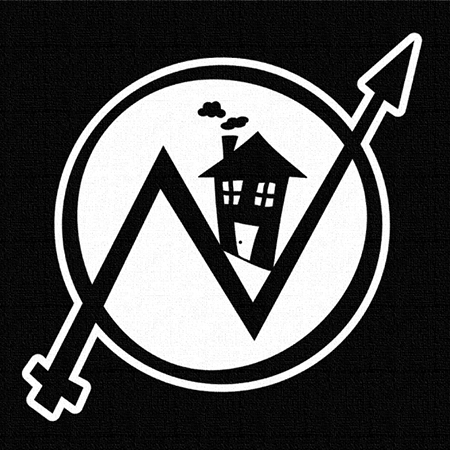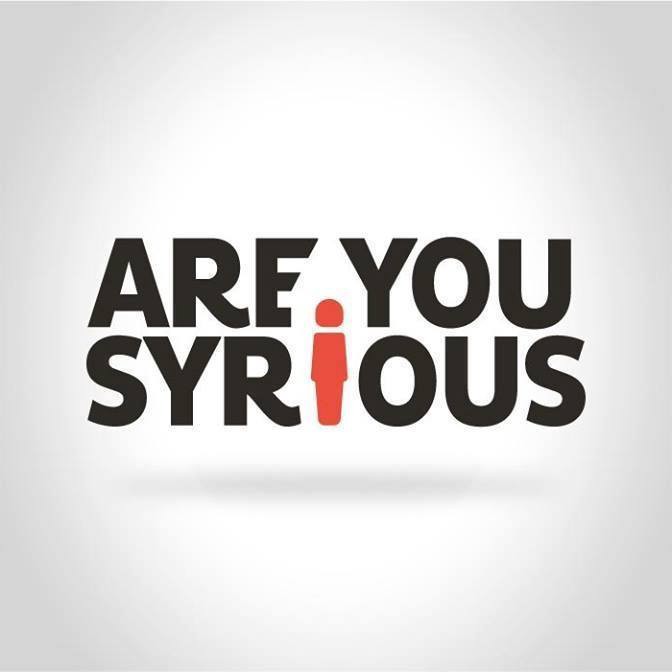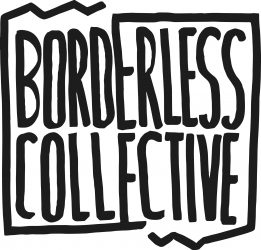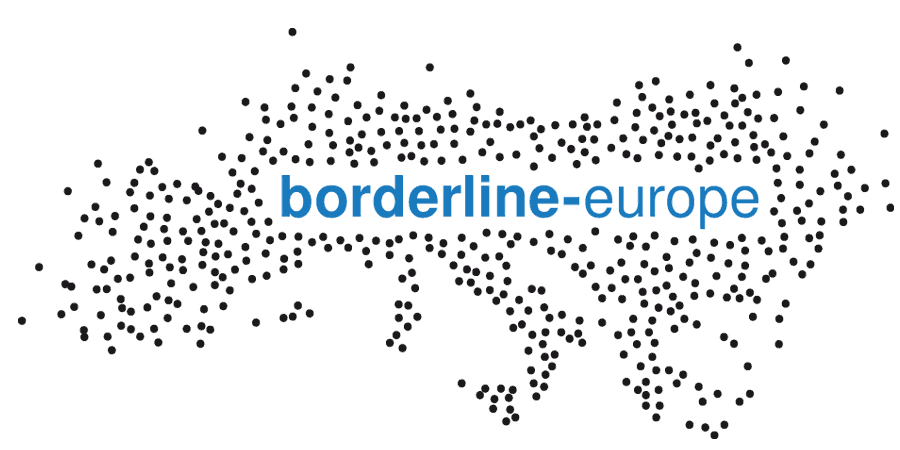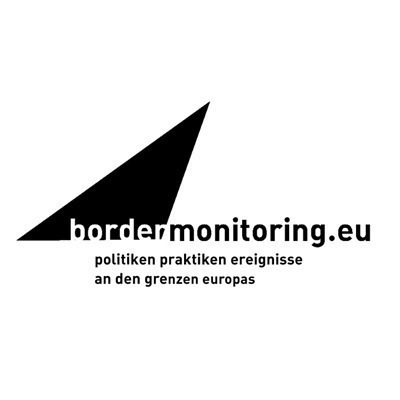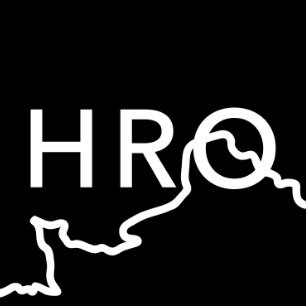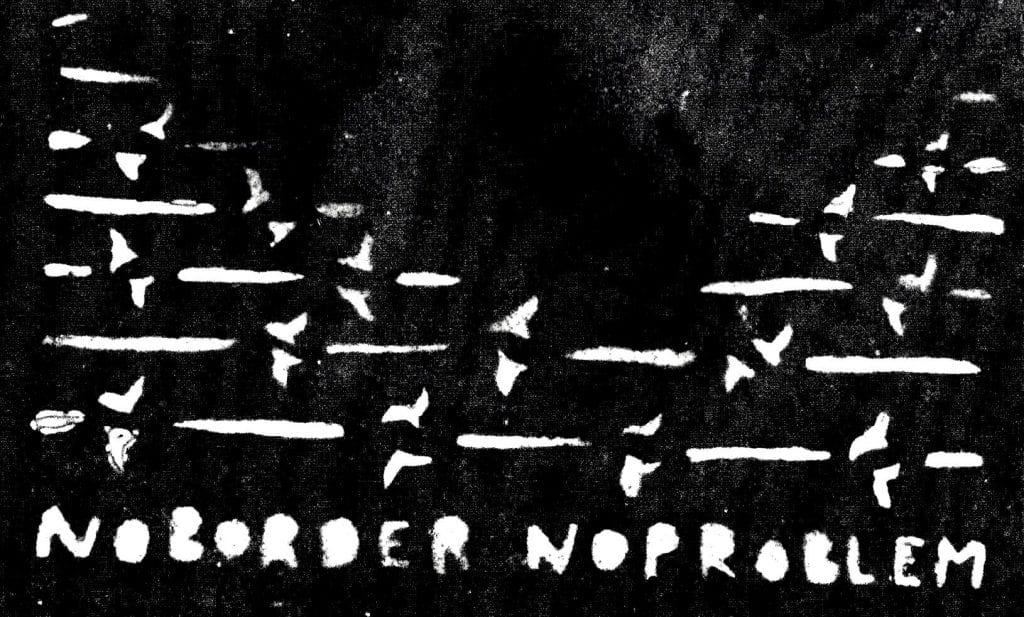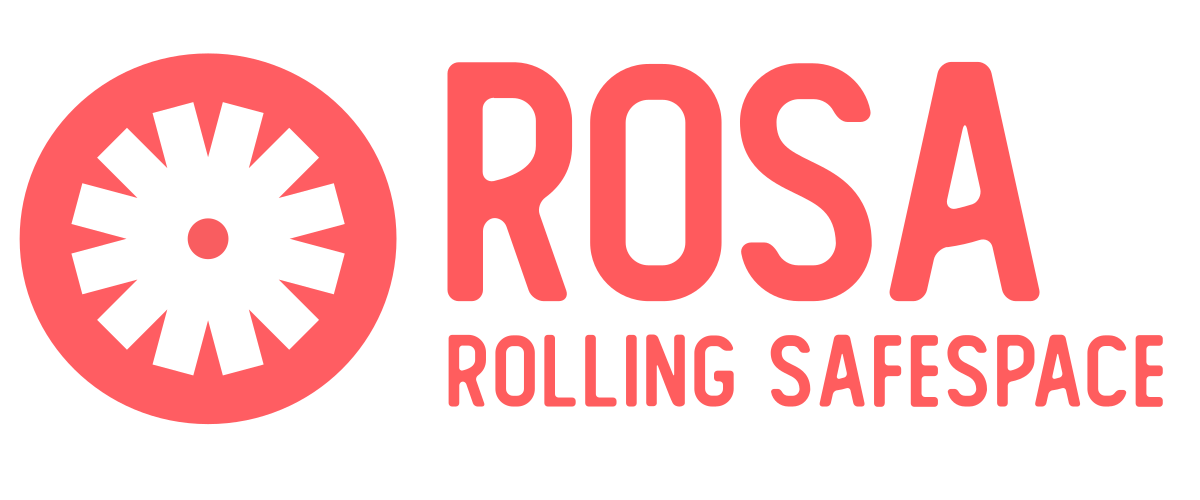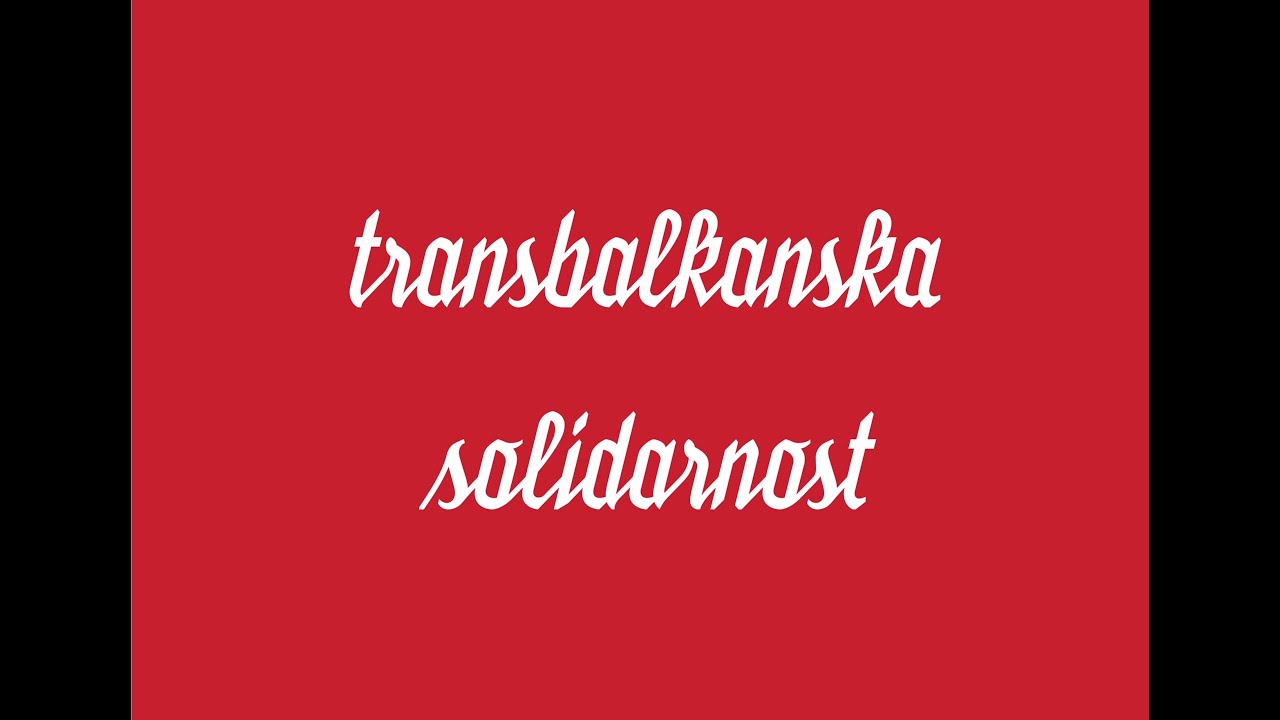Next: German-Polish Border
The No Nation Truck’s next destination is the German-Polish border, as the situation is getting worse here too. While Germany has so far paid other countries to do the “dirty work” of migration control in order to wash its own hands in innocence, at least from the outside, the open violence against illegalized immigrants is also increasing on our own doorstep.
We are currently monitoring developments on the German-Polish border with a watchful eye.
The corridor of the Balkan route has changed and now ends for many in Germany. This has led to increased border security on the German side of the border. Additionally, driven by concerns about the high election results of the AfD next year, the democratic parties are hunting for voters on the far right. This leads to a mix of blind actionism and false illusory solutions: more police controls, more police checkpoints, a noticeably increased presence in cities near the border, further tightening of the law. This growing pressure to present results leads to illegal pushbacks and risky highway chases with tragic accidents. Most recently, the press reported on police raids, sometimes involving a large contingent of 200 police officers to arrest a single person.
These developments raise a number of questions: How many people are in fact coming right now? And where are they coming from and why? Who benefits if we close our eyes and borders?
It is important to move away from the narrative that migration is a threat.
Migration is increasingly framed as a security problem by the countries of the so-called Global North and, as a result, racist images of migrants are reinforced. This is done, for example, by claiming that migrants bring more patriarchal attitudes to Germany and thus become a danger to “the German woman” (see the racist reporting on New Year’s Eve in Cologne). Currently, migrants are once again being turned into importers of anti-Semitism. But Simin Jawabreh already wrote very accurately about this in “Analyse & Kritik” (translated from German):
“It is astonishing that political representatives of this country, in which an industrial mass murder of six million Jews was carried out, dare to claim that anti-Semitism is something that comes from outside. There is no question that anti-Semitism is deadly and therefore threatening. However, if politicians were actually concerned with combating anti-Semitism, the last few years in this country would have looked different: When corona deniers marched through German cities with Reich flags and chanted “Juden-Presse”, when one right-wing extremist chat group after another was uncovered in the police force or when a politician like Hubert Aiwanger was rewarded with considerable gains in votes for having distributed anti-Semitic leaflets in his youth. Not to mention the fact that Nazis were elevated to offices for the protection of the constitution and that the wealth of a number of large German companies is based on Jewish forced labor.”
And it is not enough that migrants are labeled as a threat. At the same time, the experiences of people on the move are ignored and it is forgotten that we are talking about the lives of individuals, not numbers. This point has been repeated over and over again by civil society actors for years, but it cannot be said often enough: behind every number is a human life and for every person who drowns in the Mediterranean, there is a family mourning their loss. With the flood of information that comes at us daily via the media, we tend to forget this and become numb.
There has always been migration and there always will be.
There are currently around 110 million people on the move worldwide. The militarization of borders in the EU does not stop anyone from seeking a better life, but only worsens the situation of people on the move and makes safe travel more difficult. But as long as there are people, there will be migration and we need to move away from seeing it as a threat.
We see the propaganda against migrants in Germany, we see the shift to the far right and we see the democratic parties fishing on the right edge for voters. We are therefore networking more and more with the people living along the German-Polish border inside and outside the camps, we read the police tickers and local newspapers, we visit the border crossings and places more often and we know that others are already doing or planning to do the same. We want to know what is going on and we are looking to join forces to campaign for legal migration channels, empathetic media reporting and against right-wing hate speech – not just in Doberlug-Kirchain, not just in Eisenhüttenstadt, but everywhere.
More actions will follow! Together for the protection of people, not borders!


